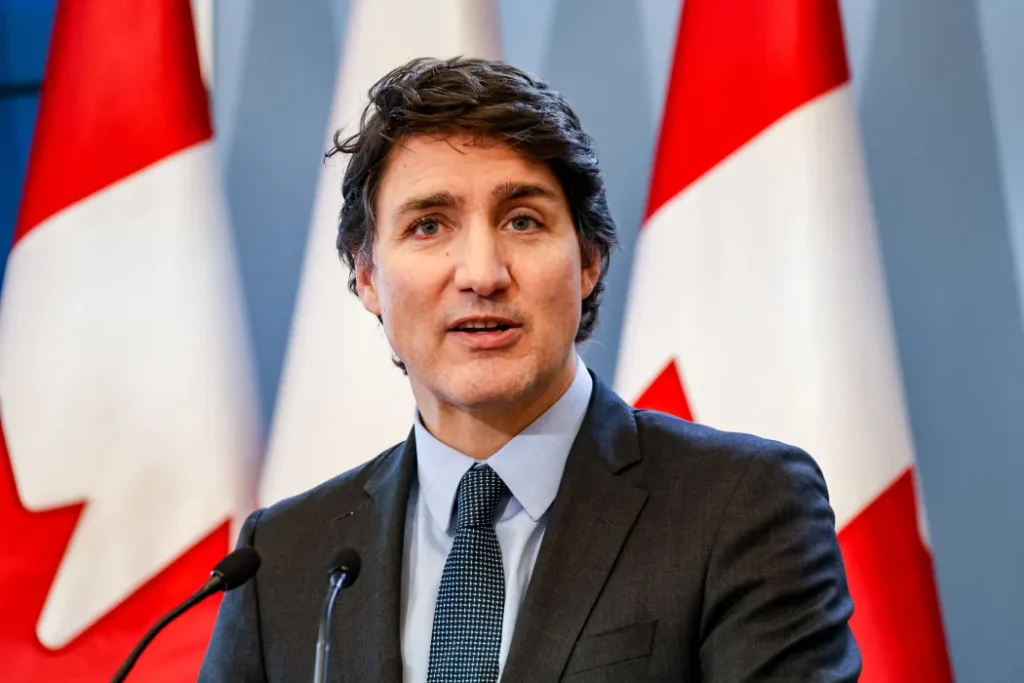Canadian Prime Minister Justin Trudeau faced an unexpected setback on Wednesday when the New Democratic Party (NDP), a small party crucial to maintaining his minority Liberal government, withdrew its automatic support. This development forces Trudeau to seek new alliances to stay in power.
Despite the challenge, Trudeau vowed to continue governing and advancing social programs, dismissing speculation about early elections. NDP leader Jagmeet Singh announced he was “ripping up” the 2022 agreement between the two parties, which had previously ensured NDP support for Trudeau’s government.
This withdrawal of support leaves Trudeau dependent on other opposition members to pass confidence votes in Parliament. Current polls suggest that Trudeau would face significant losses if an election were held now, though Canadian law mandates that a general election be held by October 2025.
Trudeau, who has been in office since November 2015, downplayed the prospect of an early election while addressing reporters at a school promoting expanded lunch programs. “An election will come in the coming year, hopefully not until next fall, because in the meantime, we’re going to deliver for Canadians,” he stated.
The NDP’s decision follows Singh’s growing frustration with Trudeau, particularly over perceived Liberal inaction on high grocery prices. Singh criticized Trudeau for succumbing to corporate interests and announced his intention to run for prime minister in the next election.
Polls show that voter dissatisfaction affects both Trudeau and the NDP, which, despite securing concessions like a national dental program, remains in third place. Under the 2022 agreement, the NDP had pledged to support Trudeau until mid-2025 in exchange for increased social spending.
University of British Columbia professor Fred Cutler suggested that the NDP needs to reassert its independence from the Liberals before the election. Conservative leader Pierre Poilievre has called for an early election to end what he describes as a Liberal-NDP coalition driving up costs for Canadians.
The House of Commons will reconvene on September 16, and the Conservatives could propose a vote of confidence. The NDP’s stance on confidence votes will be determined issue-by-issue, and the government’s upcoming budget update could be a critical moment, potentially triggering an election if not approved by legislators.


